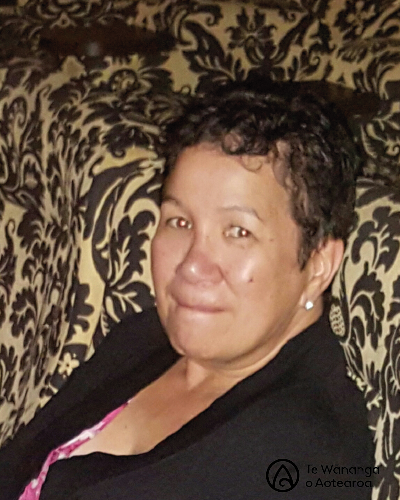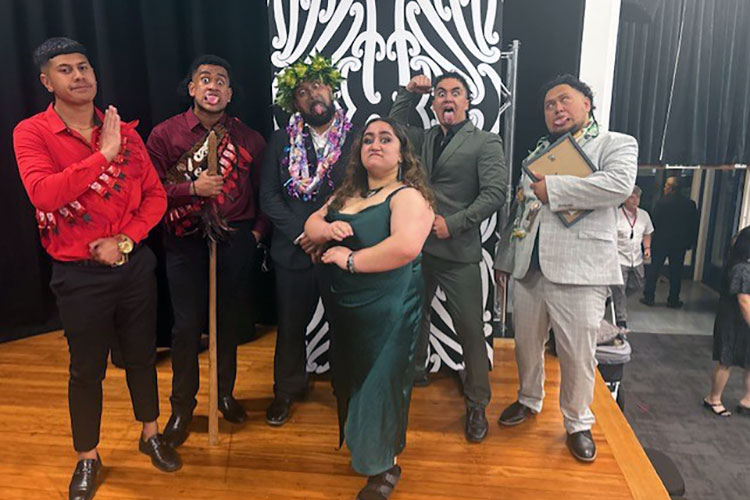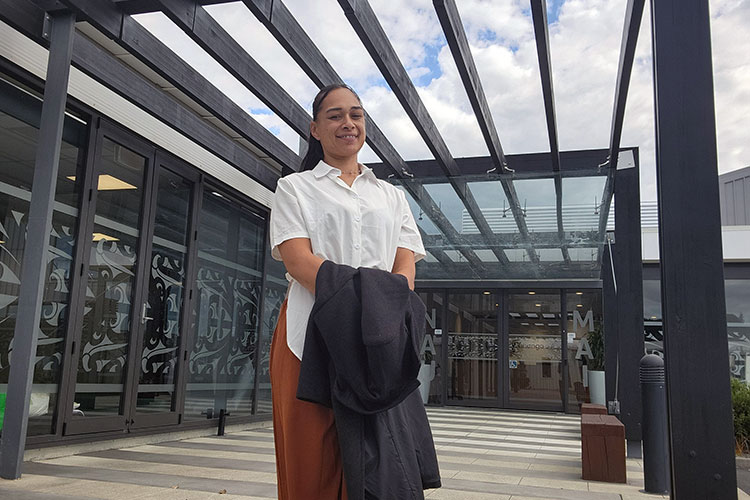Te Atawhai Te Rangi has drawn on more than 40 years of experience with two of New Zealand’s most notorious gangs while researching her master’s degree to provide a rare insight of womens' lives inside the Black Power and Mongrel Mob.
The 58-year-old's involvement with gangs began in the 1970s and continues to this day through whānau ties and her involvement as a kaimahi with Te Kōtuku Hauora o Rangitikei and her work in prisons.
Last week, Te Atawhai graduated from Te Wānanga o Aotearoa with a He Waka Hiringa master’s degree.
Knowing there was very little research or published works on wāhine associated with gangs, Te Atawhai drew on her many years of first-hand experience within the Porirua, Whanganui, Rogue and Mobster chapters of the Mongrel Mob and her time with the Black Power.
The result is her exegesis; He Reo Kō, He Reo Areare: The liberated voices of wāhine within a gang collective, which is based on the personal narratives of six wāhine associated with the Mongrel Mob.
It looks at how wāhine maintain their destiny and nurture whānau within the gang collective and the change in attitudes towards women in gangs.
It also attempts to dispel the labels society has placed upon them.
“There’s this entrenched view that women in gangs are worthless – it’s something I battled with and your own whānau can be your worst enemy – but this isn’t the case at all.”
“There used to be that staunch, patriarchal view and women in their mid 40s and older had it pretty hard but things definitely have changed.”
“The women have raised their kids when their men were in jail and they had no money for kai and clothing. And now they’re going to wānanga and universities to educate themselves, they’re in retail work and social work.”
“They’ve raised children, some of whom are patched gang members, travel. Some work in Australia but they’re trying their best to raise their children the best they can.”
Her rangahau found that gang women determined their own direction and care for their whānau within the gang through maintaining close ties to senior leadership and through education.
“What came out of my findings was that if you maintained good relationships and friendships you were able to maintain yourself.”
“You would also maintain yourself through employment and studying.”
She said the themes of cultural disconnection, whānau dysfunction, socioeconomic challenges and little or no education, were common among all of the women she interviewed.
“Half of these women had been brought up in one-parent families because of alcoholism and there was also this consistent neediness to have a man at their side.”
“One woman left school in the third form, another was Pākeha and came from a well-to-do family but didn’t like the way her father ran her family. She loved the way we were as a people so she disconnected herself from her family and found what was lacking there in the Mongrel Mob.”
She hoped her rangahau would help to provide a perspective of gang life and that her key findings would aid others in understanding some of their dynamics.
“When I see young girls in the mob, one baby in the pram, another by their side and another in the puku they’re not thinking about the future.”
“They don’t have the skills that are necessary for life. These are things we need to be taught at schools like how to recognise a good, healthy and intimate relationship from a bad one or what are the things they need to know about financial literacy instead of falling into these things like I did.”




































